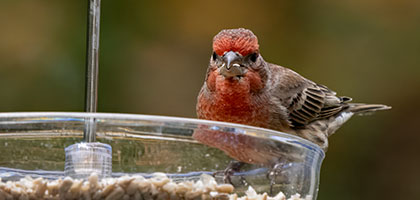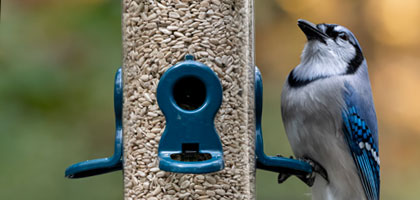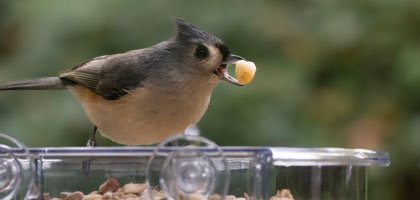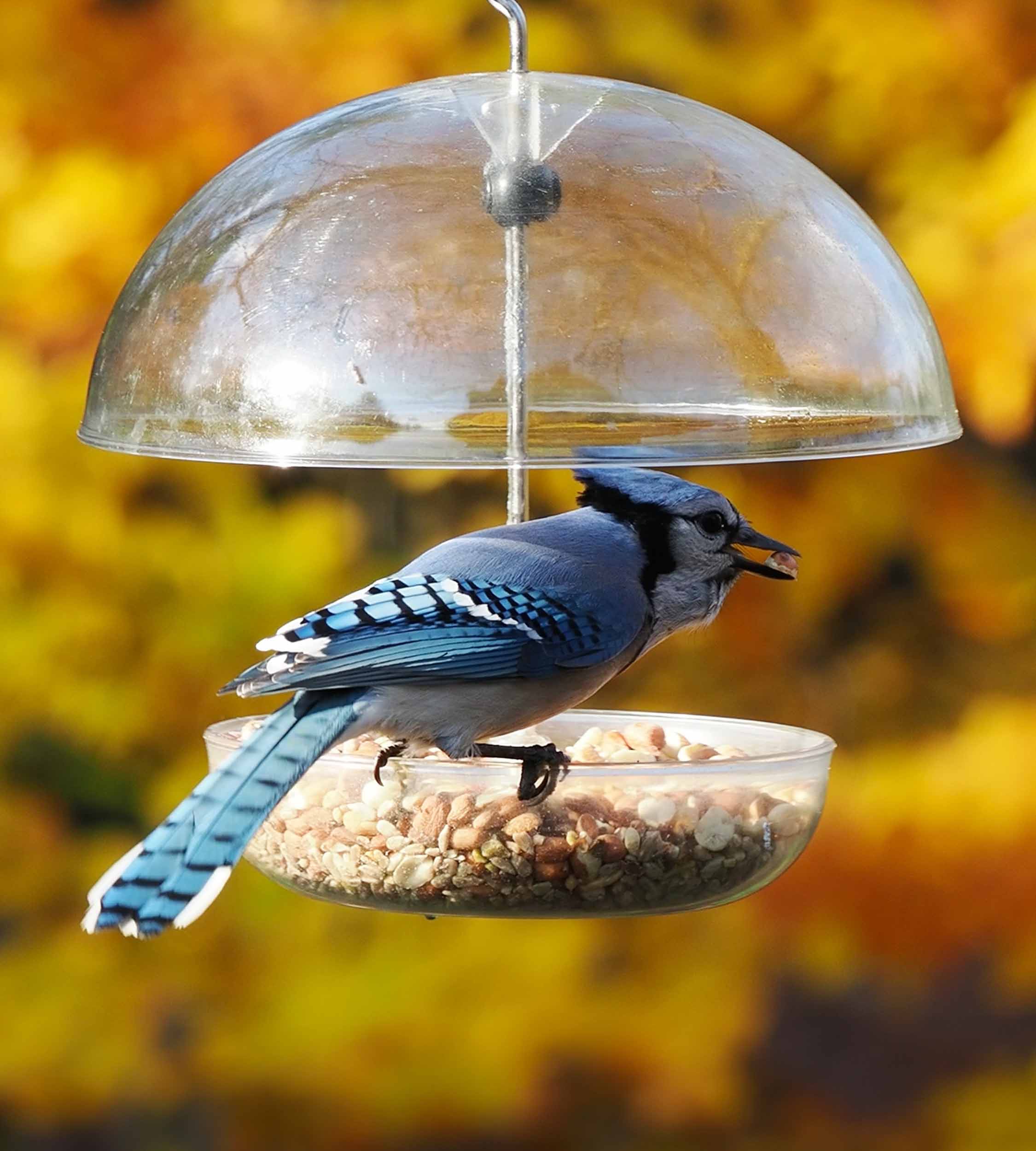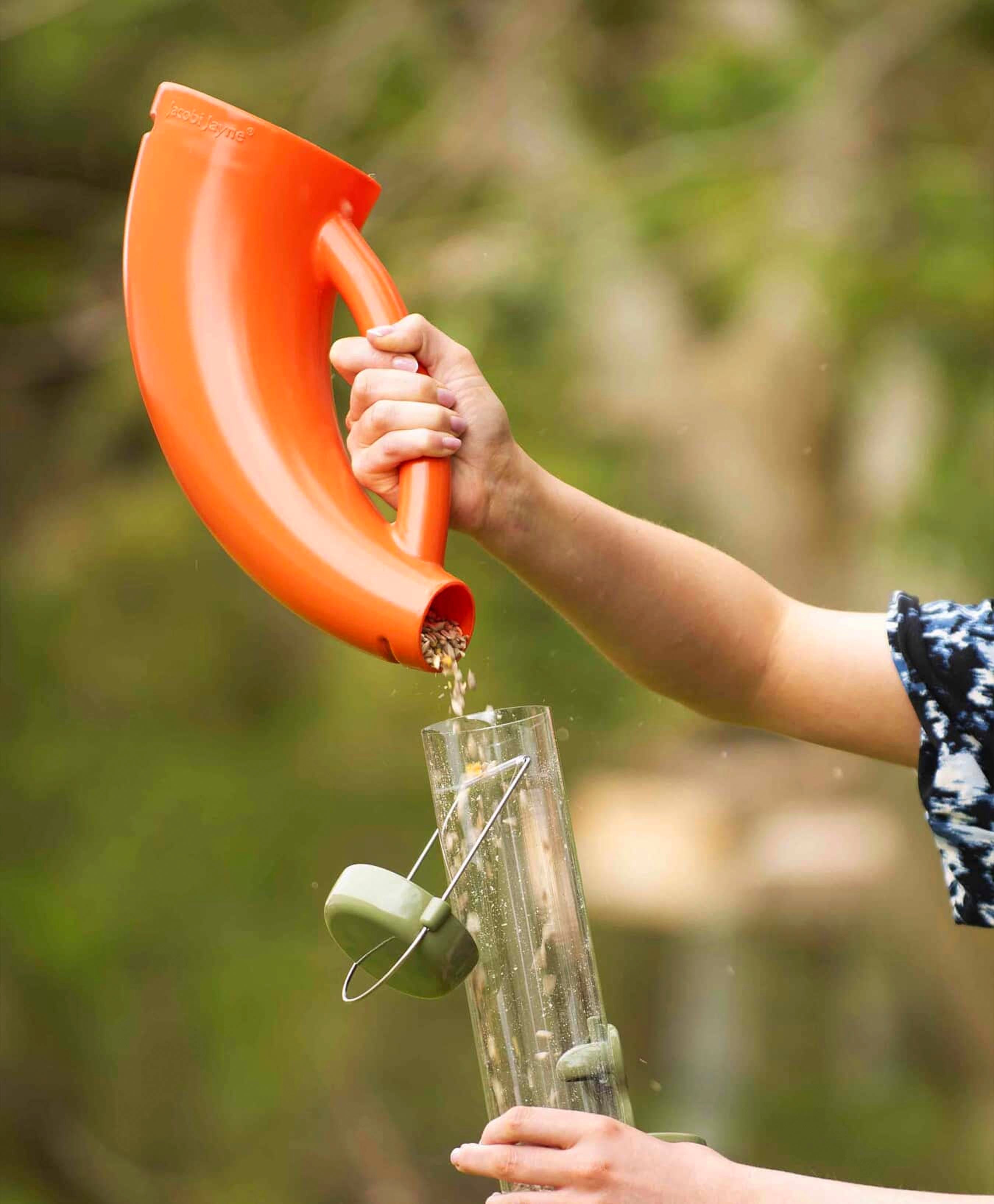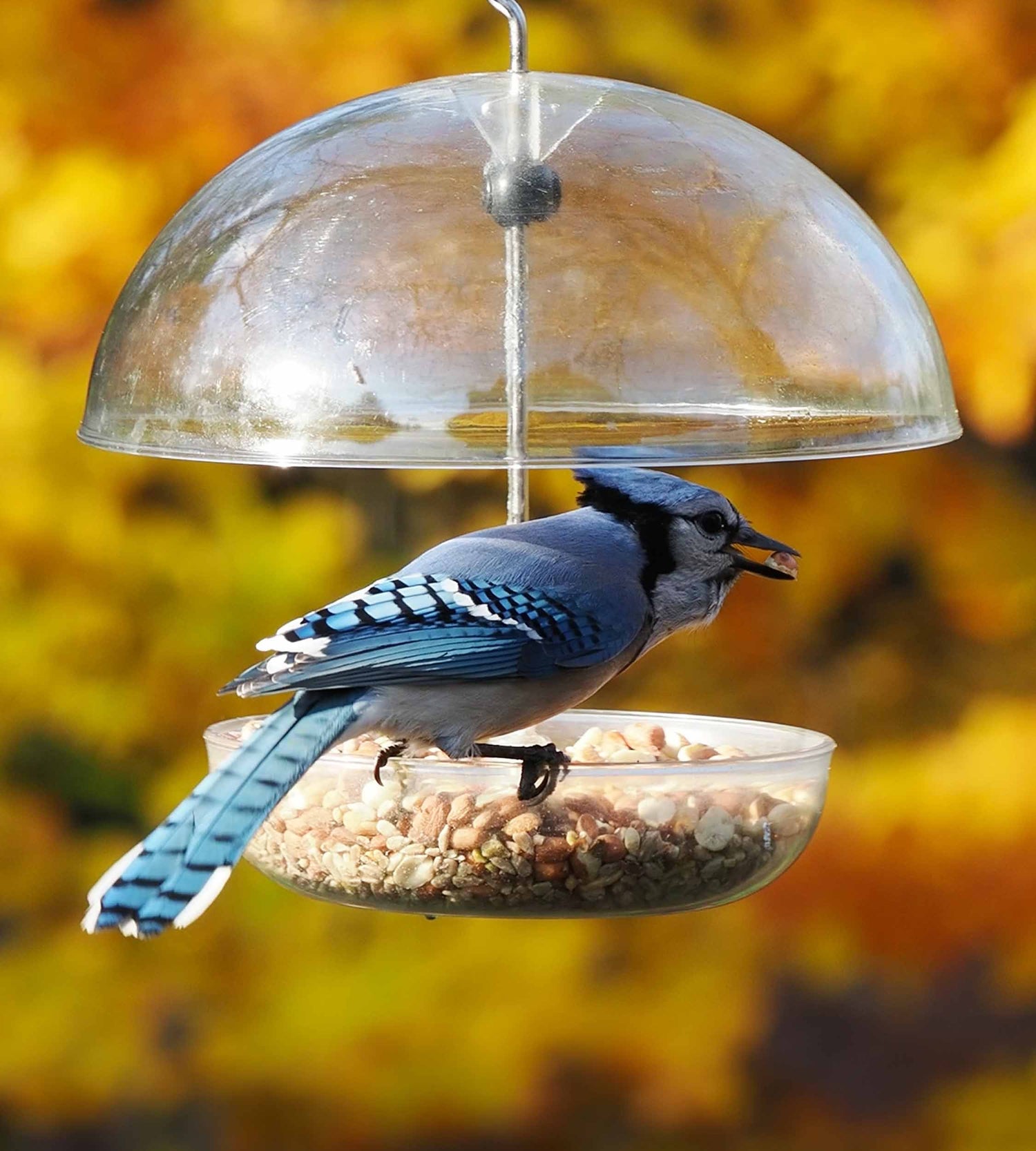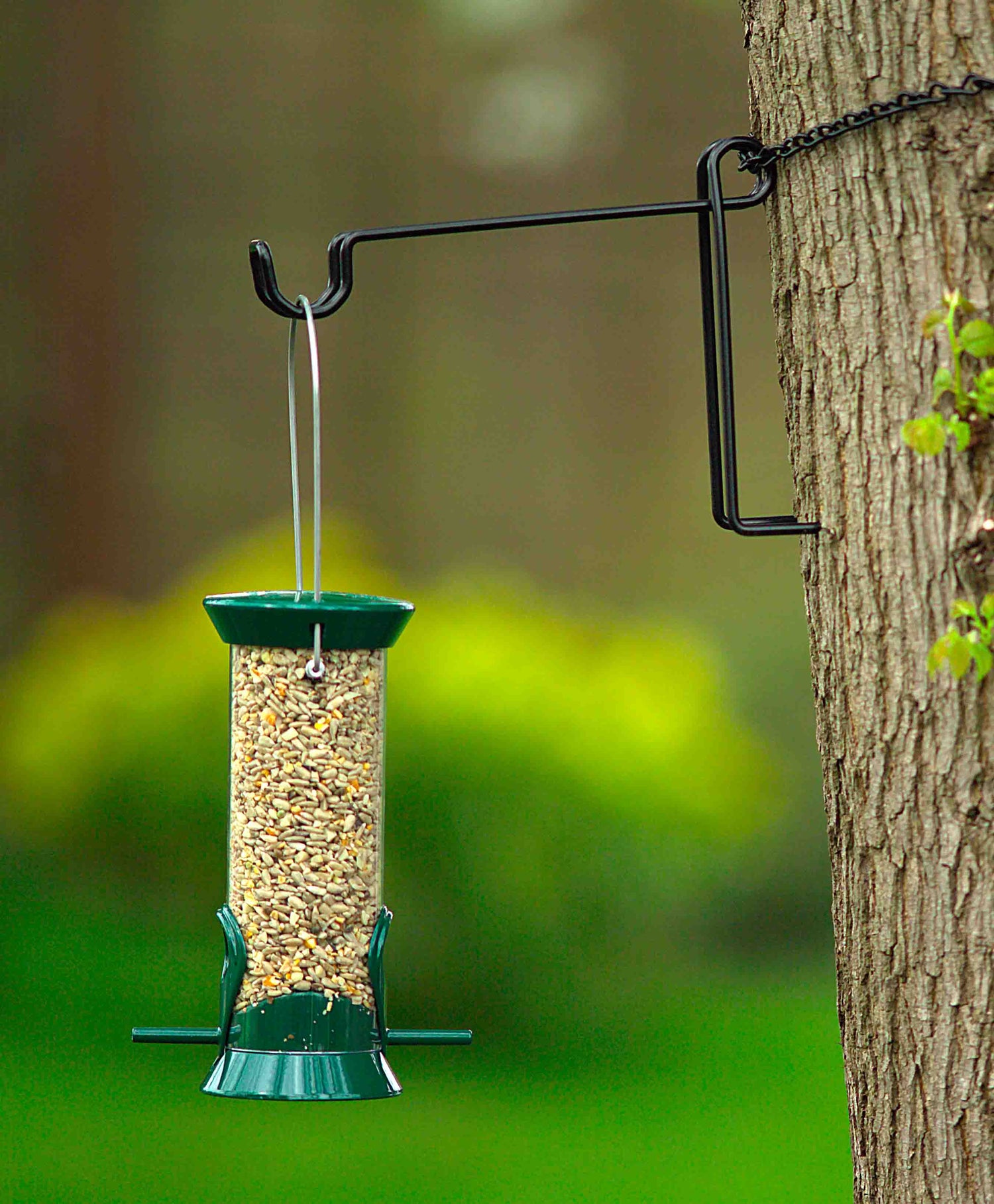Feeding birds can be a rewarding experience. But, have you ever wondered if peanuts or nuts are good for birds?
This article will explore the benefits and potential risks of feeding peanuts and nuts to our feathered friends. We'll also provide tips on how to do it safely.
The Nutritional Benefits of Peanuts for Birds
Peanuts are packed with nutrients that can benefit birds. They are a rich source of protein and fat.
During the winter months, these nutrients are especially vital. Birds rely on high-energy food to keep warm.
Many bird species enjoy peanuts. Here are a few examples:
- Blue jays
- Woodpeckers
- Chickadees
Including peanuts in a bird's diet can supplement their energy needs. The key is to offer them in moderation.
Choosing the Right Peanuts: Shelled vs. Unshelled
Selecting the right peanuts for birds is crucial for their safety. Unsalted, raw peanuts are the best choice.
Shelled peanuts can reduce the risk of mold, which can be harmful. They are often preferred for their convenience.
When choosing peanuts for birds, consider these aspects:
- Unsalted and raw
- Shelled to prevent mold
- Freshness to avoid spoilage
Unshelled peanuts can be entertaining. They encourage birds to engage in natural foraging behaviors. However, they require more careful storage to prevent mold.
Safe Feeding Practices: Avoiding Health Risks
Feeding birds peanuts can be beneficial, but caution is vital. Always check for any signs of spoilage.
Avoid flavored or salted nuts, as they can cause health issues in birds. Use raw, unsalted peanuts instead.
Be mindful of storage. Keep peanuts in a cool, dry place to prevent mold growth. Rotate stock often to ensure freshness.
To maintain bird health, follow these feeding practices:
- Offer nuts in moderation
- Regularly clean feeders
- Monitor birds for adverse reactions
Proper feeding safeguards both birds and their environments. Consult a veterinarian if concerns arise.
Bulk Peanuts for Birds: Cost-Effective Bird Feeding
Purchasing bulk peanuts for birds can be a budget-friendly strategy. Buying in bulk often reduces the overall cost compared to smaller packages.
Opt for bulk shelled peanuts for birds to minimize waste and mess. This choice can also ensure that birds get clean, safe nuts to consume.
Storing bulk peanuts properly is key. Use airtight containers to maintain freshness and prevent pests. With the right storage techniques, bulk buying can be both economical and convenient.
Other Nut Options for Avian Diets
While peanuts are popular, other nuts can also benefit birds. Almonds, walnuts, and pecans offer varying nutrients that complement avian diets.
Ensure all nuts provided are unsalted and free from coatings. Plain, natural nuts are the healthiest choice for birds, ensuring they don't consume harmful additives.
Consider the preferences and dietary needs of local bird species. Here are some safe nuts for bird consumption:
- Almonds
- Walnuts
- Pecans
Chopped nuts can be especially beneficial for smaller birds, as they are easier to eat. Always introduce new foods gradually, observing birds' reactions and ensuring these treats remain a part of a balanced diet.
Feeding Tips: How to Offer Peanuts to Birds
Offering peanuts to birds can be simple and rewarding. Using the right techniques can help attract a variety of bird species.
Choose appropriate feeders to suit the size and type of peanuts. Mesh feeders, bird tables, and specialized peanut feeders work well. These options help accommodate different bird behaviors and feeding preferences.
Consider placing feeders in safe areas. Ensure they are out of predators' reach and monitor for spoilage. Regular cleaning helps maintain a healthy feeding environment.
Here are some tips on how to offer peanuts to birds:
- Use mesh or specialized peanut feeders
- Ensure peanuts are unsalted and raw
- Monitor feeders for mold or spoilage
Be mindful of the amount of peanuts provided, offering them in moderation. This encourages birds to seek natural food sources, supporting a diverse and balanced diet.
The Impact of Peanuts on Bird Watching and Wildlife
Peanuts can significantly enhance bird-watching experiences. They attract various bird species, providing exciting opportunities for observation and enjoyment in natural settings.
Feeding peanuts also supports local wildlife populations, especially in areas with limited natural food sources. This practice helps sustain bird diversity and fosters appreciation for nature's beauty.
Conclusion: Balancing Bird Diets with Peanuts and Nuts
Incorporating peanuts and nuts into bird diets offers many benefits. They provide essential nutrients and can be a supplemental energy source for birds.
However, moderation is key. It’s important to ensure peanuts are fresh, unsalted, and part of a balanced diet with other bird foods.
By following safe feeding practices and guidelines, bird enthusiasts can contribute to healthy and vibrant bird populations. This thoughtful approach enhances bird-watching while supporting avian well-being.
